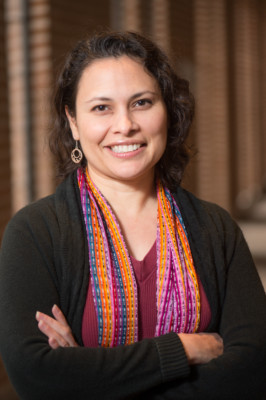
How can Houston’s education pipeline produce a strong workforce?
What’s the best way to address segregation facing Houston-area schools?
How can we improve bilingual education in one of the most diverse parts of the country?
And how can we develop programs that serve all students in metro Houston, even as the region faces rising levels of concentrated poverty?
Rice University’s Kinder Institute for Urban Research will explore the answers to those types of questions, and more, thanks to a $10.7 million, seven-year grant from the Kinder Foundation announced today. It’s the largest grant the Kinder Institute has received since philanthropists Nancy and Rich Kinder endowed the Institute with $15 million in 2010.
The funding will support the expansion of the Houston Education Research Consortium (HERC), a unique partnership between the Kinder Institute and the Houston Independent School District. Since 2011, HERC has brought together Rice University education researchers and HISD decision-makers to improve education quality through analysis. The idea is that by connecting researchers and policymakers, the district can better understand the challenges it faces and identify the solutions that best serve Houston students.
“We don’t simply want to duplicate what we’ve done with HISD,” explained Ruth N. López Turley, director of HERC. “This is something different. We want to develop a regional research agenda.”
Expanding HERC’s reach beyond HISD could have a transformative effect on the region’s education system. Though the inner core of Houston lies entirely within the boundaries of HISD, the outer reaches of Houston include some of the largest districts in the state, many of which – until now – haven’t been studied by HERC researchers. Reaching them is critical if Kinder Institute and HERC are to have broad impacts on the local education system and the resulting workforce.
